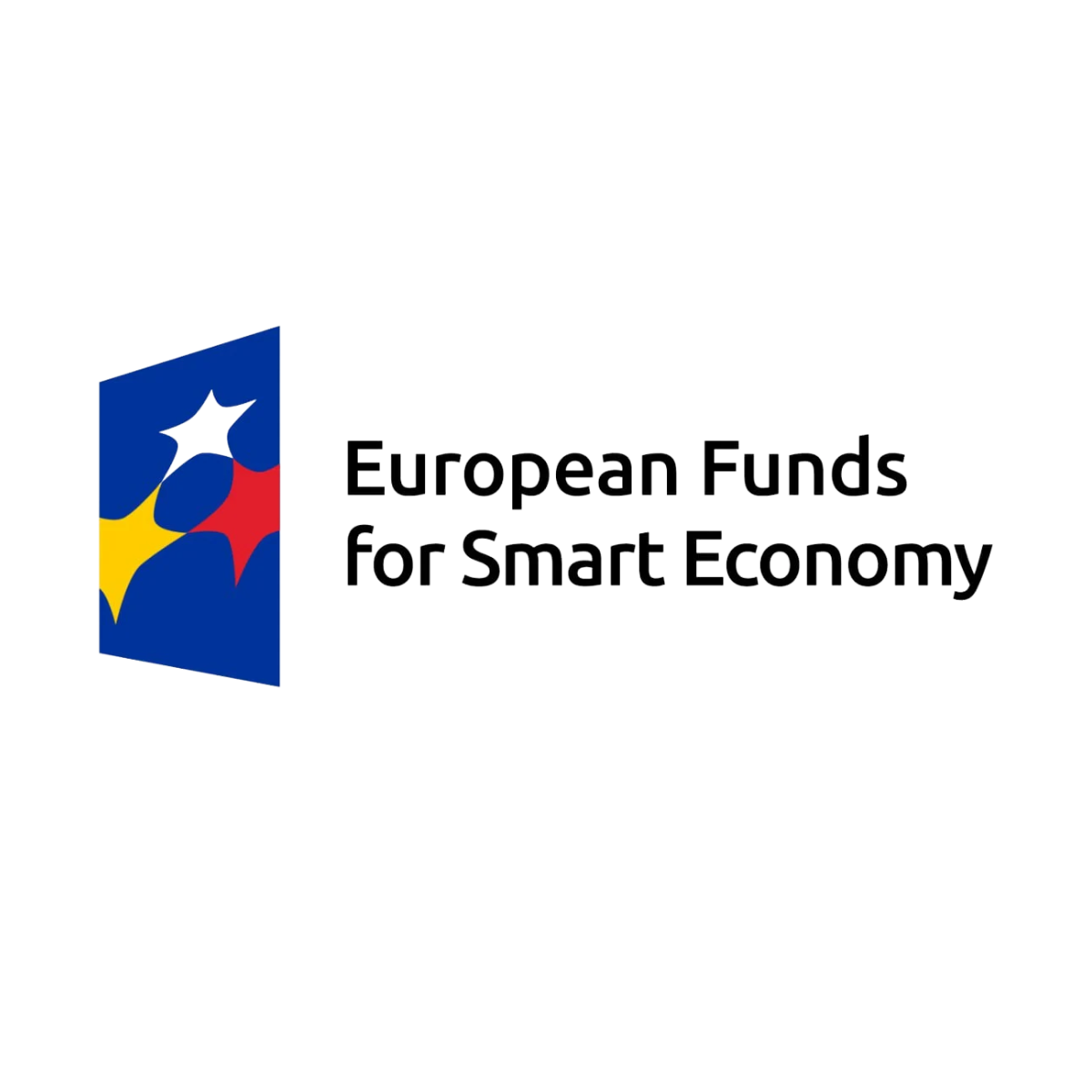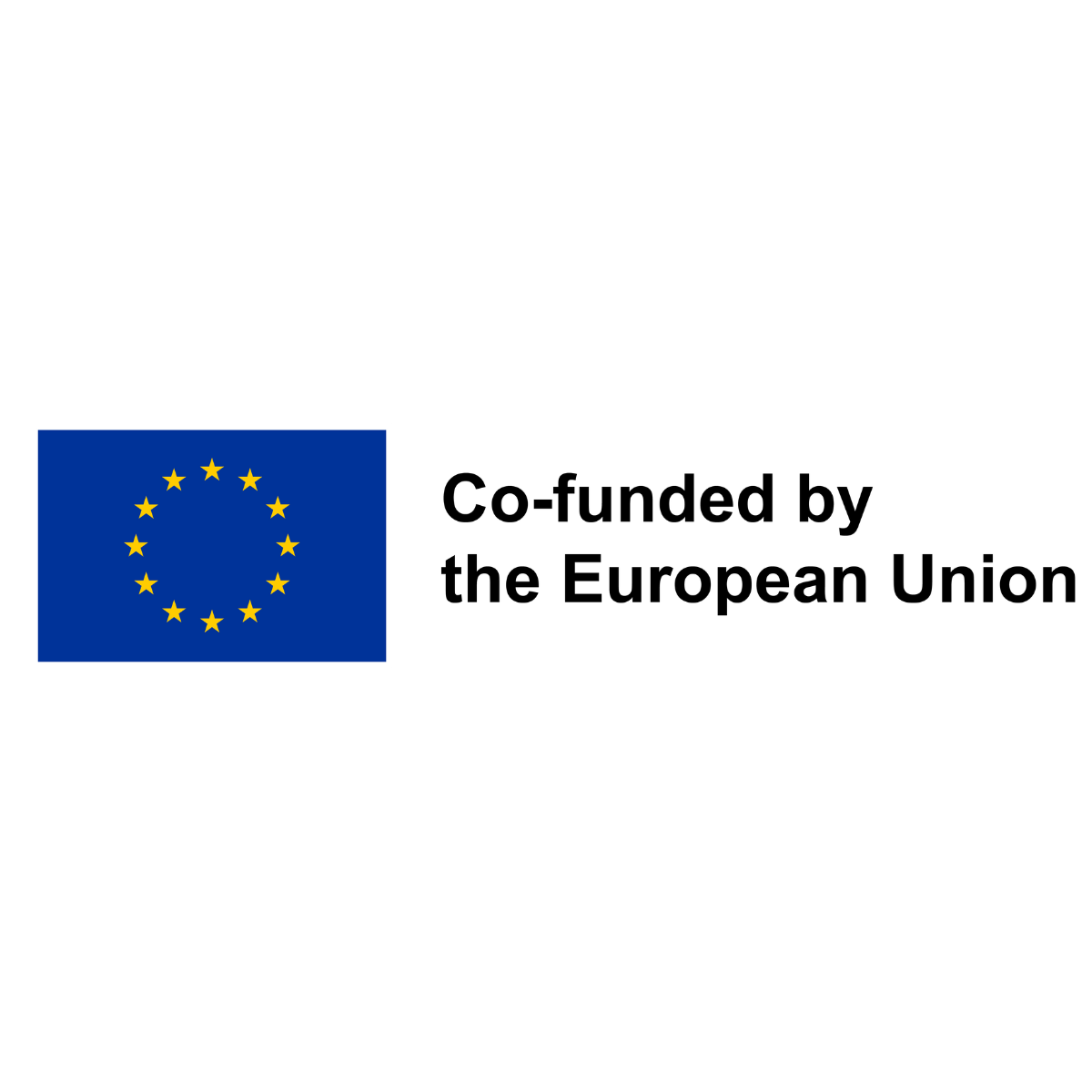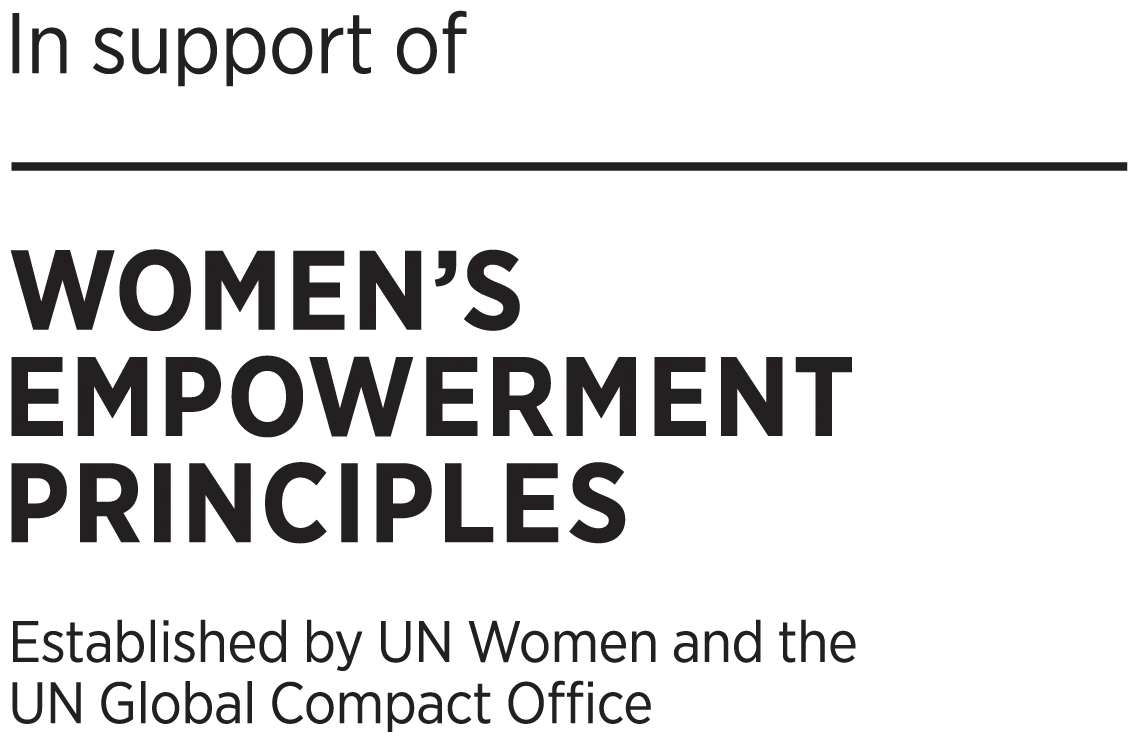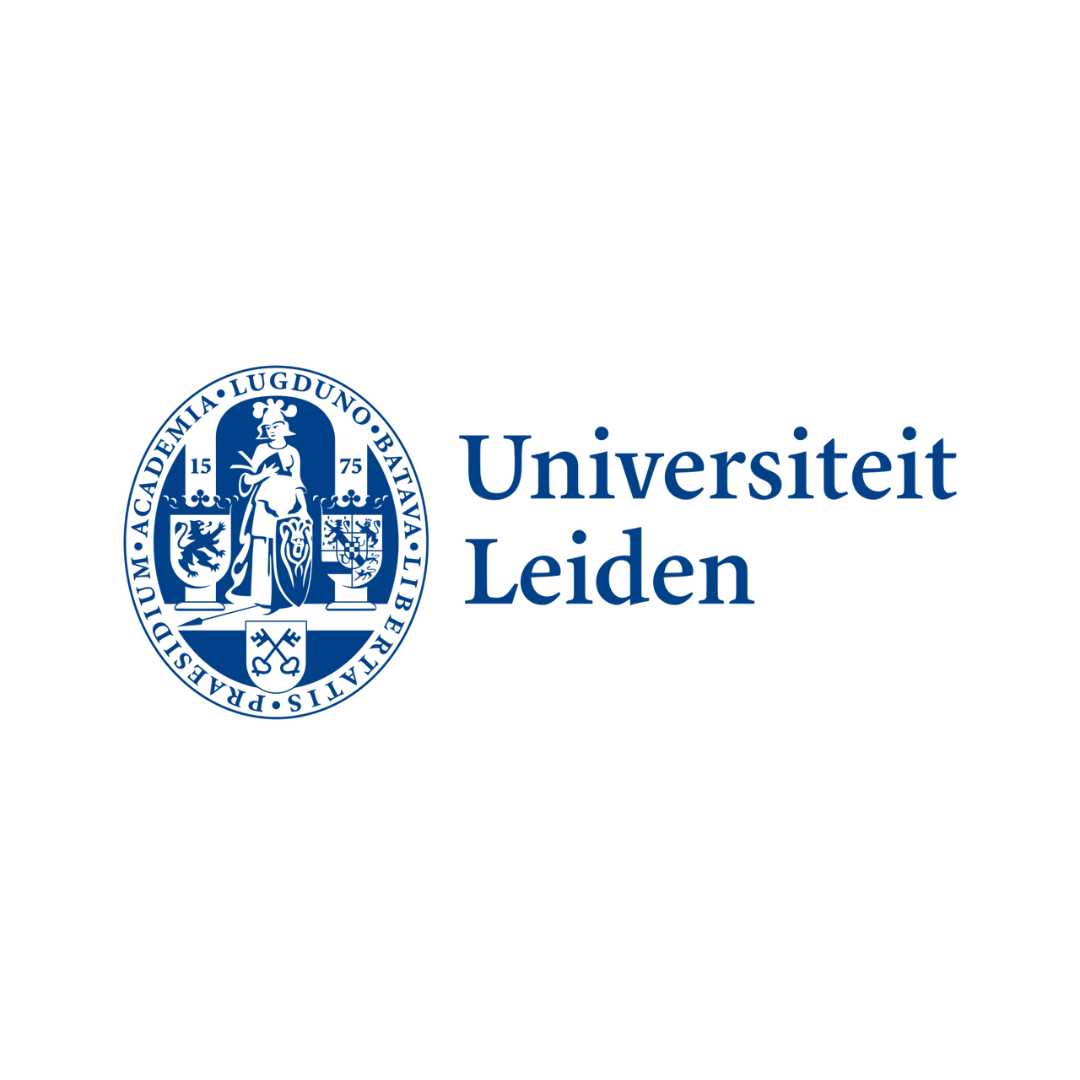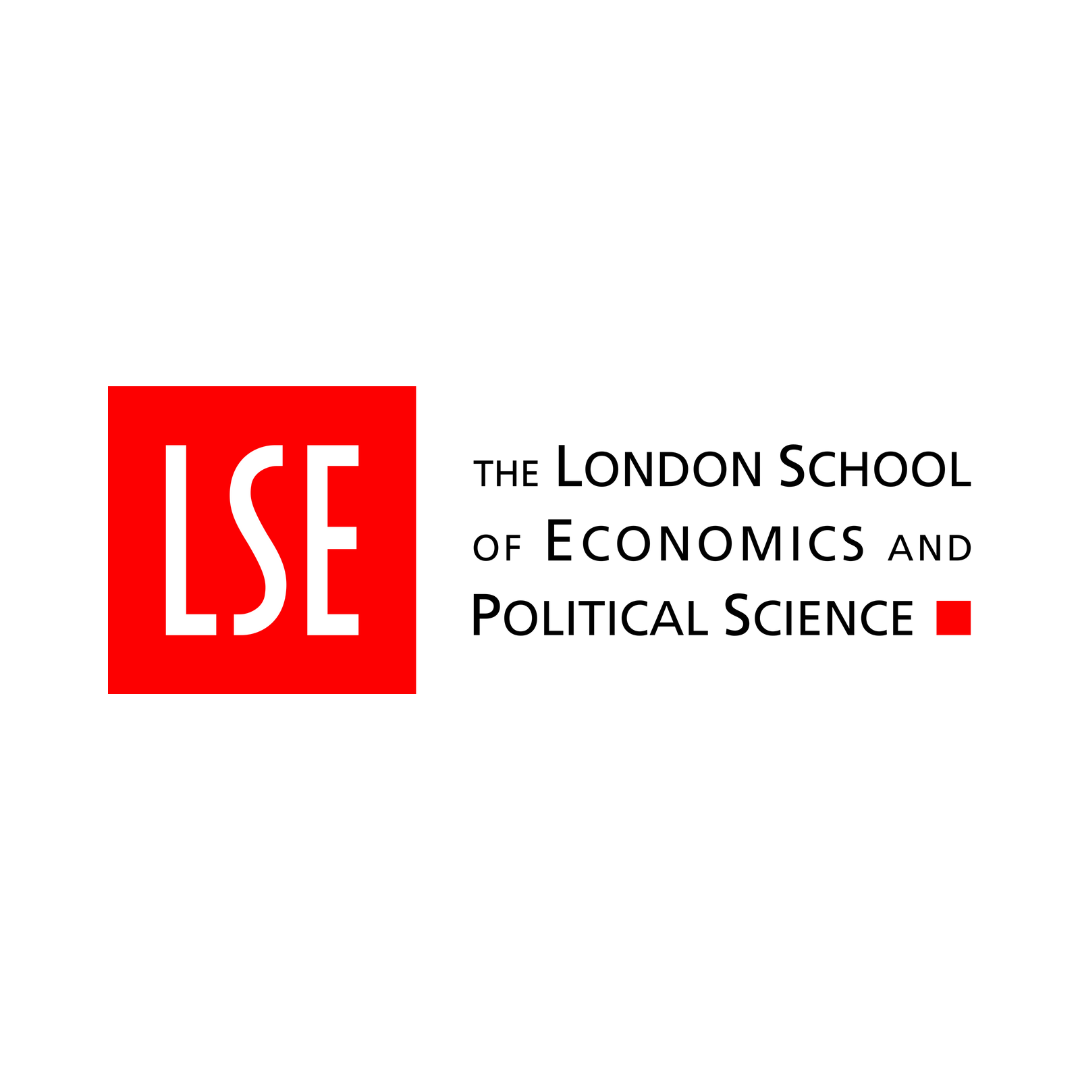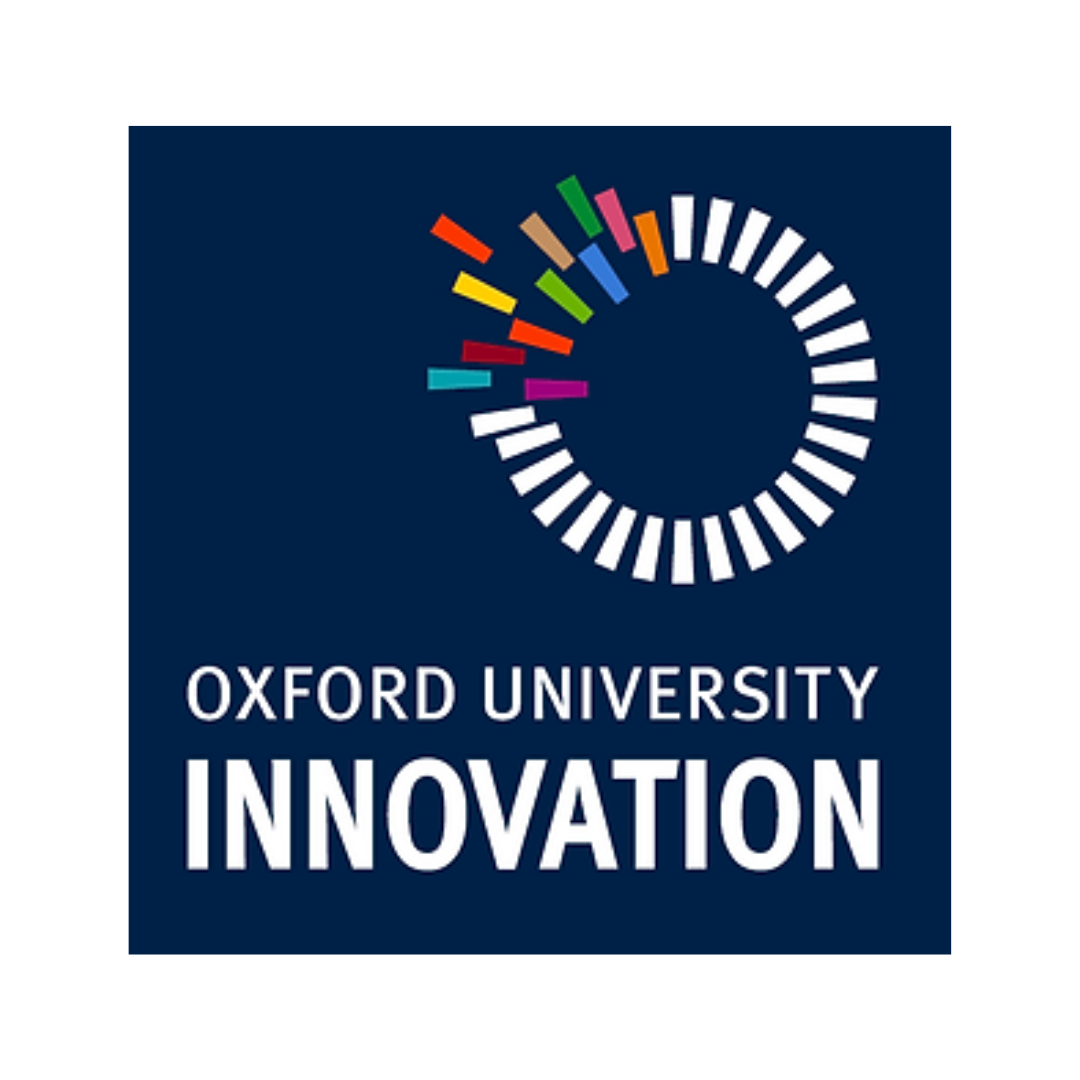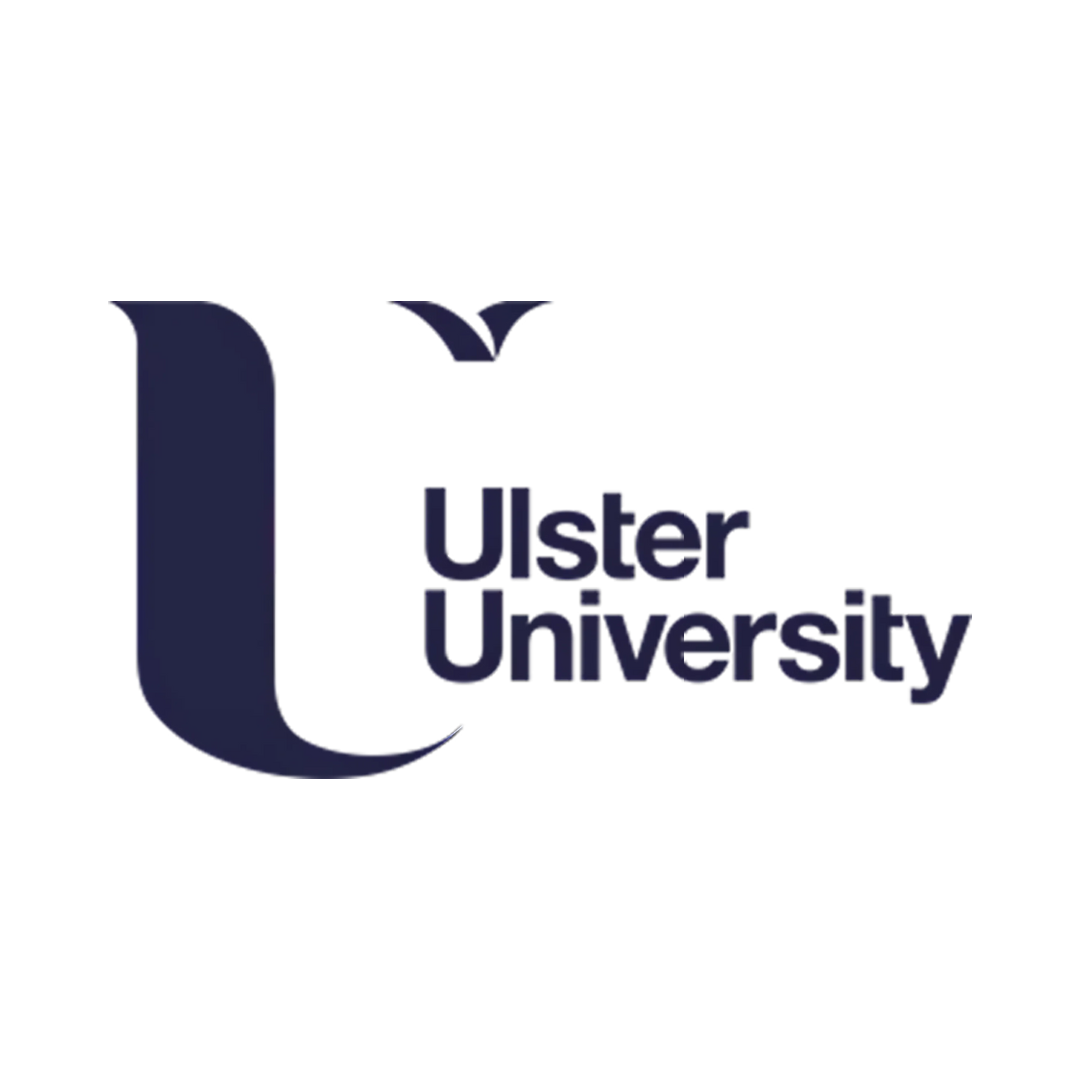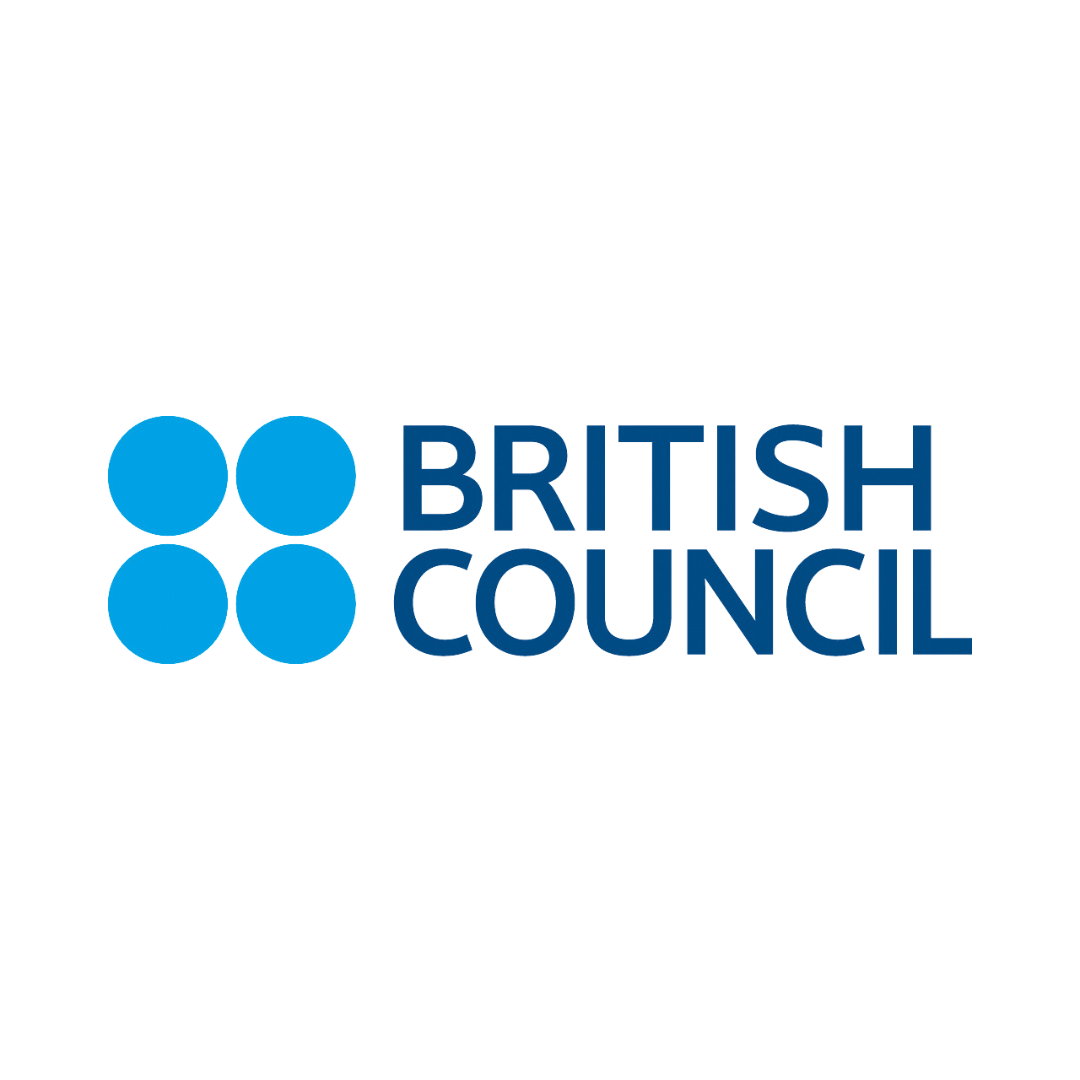Knowledge Exchange – staying connected through the pandemic
Knowledge Exchange - Future Funding Opportunities
During the PraxisAuril 2021 annual conference (8-10 June 2021), Oxentia’s Britta Wyatt chaired the session on KE Future Funding Opportunities. The panel was composed of representatives the KE team at Research England, part of UK Research and Innovation, who engaged in a discussion on the impact of Covid-19 on publicly funded KE initiatives. There was a lot of food for thought in the discussion, which brought participants to interrogate the possible developments of KE after Covid-19.
Here are the key take-aways from the session and reflections on the future of KE post-pandemic.
Communication and collaboration build resilience
The Connecting Capability Fund (CCF) projects with collaboration and communication at the heart of their delivery continued to thrive throughout the pandemic and derived significant impact in 2020 and 2021. Examples of these initiatives included the Aspect project, which provides specialist support to UK universities looking to make the most of commercial opportunities born from social sciences research. Aspect started in 2018 with 7 member institutions and has grown year on year since. Constant communication and collaboration between member institutions was engrained in the project management from the beginning, allowing Aspect to continue activities during the lockdown and travel restrictions. Aspect has now gone on to establishing international collaborations.
Other examples of success through communication and collaboration were the Royal College of Veterinary Science, which has used a series of sandpit events to develop proof of concept ideas, the Oxford-based project UK SPINE Knowledge Exchange, which collaborates with stakeholders based across the UK, from Birmingham to Dundee.
Online delivery boosts the impact of KE grants
More than 4,700 people in the UK received CCF-sponsored training in commercialisation skills over the past year thanks to an unprecedented uptake in online course delivery. This is certainly one of the positive changes that the Covid-19 pandemic has brought. Remote training has enabled the diversification of the groups of trainees in terms of geographical location and career level, creating a more inclusive KE community across the UK.
Current predictions suggest that online training is here to stay and that UK-wide initiatives will continue to offer the opportunity to take part in learning opportunities remotely. In the long run, this could drive a significant change in the KE landscape, providing the community with more opportunities for idea exchange, networking, and collaborations.
Wind of change
A Higher Education Innovation Fund (HEIF) reform is on the way, with the priority for the fund to adapt to current market needs.
A priority item on the list for the HEIF review is the creation and analysis of case studies, which will enable the government to assess the ROI of the fund. So far, the case studies and stories of the impact generated from KE as a result HEIF funding show alignment with government priorities, but we expect news on the fund to be published later this year. The effects of the pandemic, both positive and negative, are very likely to inform the review.
What does this mean for us, going forward?
These are exciting times ahead for KE in the UK. The continued support from the government in funding universities for collaborative programmes is likely to strengthen the ability of UK-based institutions to participate actively in KE activities, contributing to creating an increasingly more vibrant economy.
The re-discovered possibility to establish channels for remote communication is likely to improve the opportunities for collaboration across the UK KE community at all levels. What this will mean in practical terms is difficult to guess, but we are certainly excited to see how remote collaborations could increase the impact derived from the same amounts of funding.
A challenge for everyone involved in the KE post pandemic will be to keep the positive change that the pandemic has brought without losing the energy and determination to build bridges and relationships which, alongside funding, continue to be the main catalysts of effective KE.







